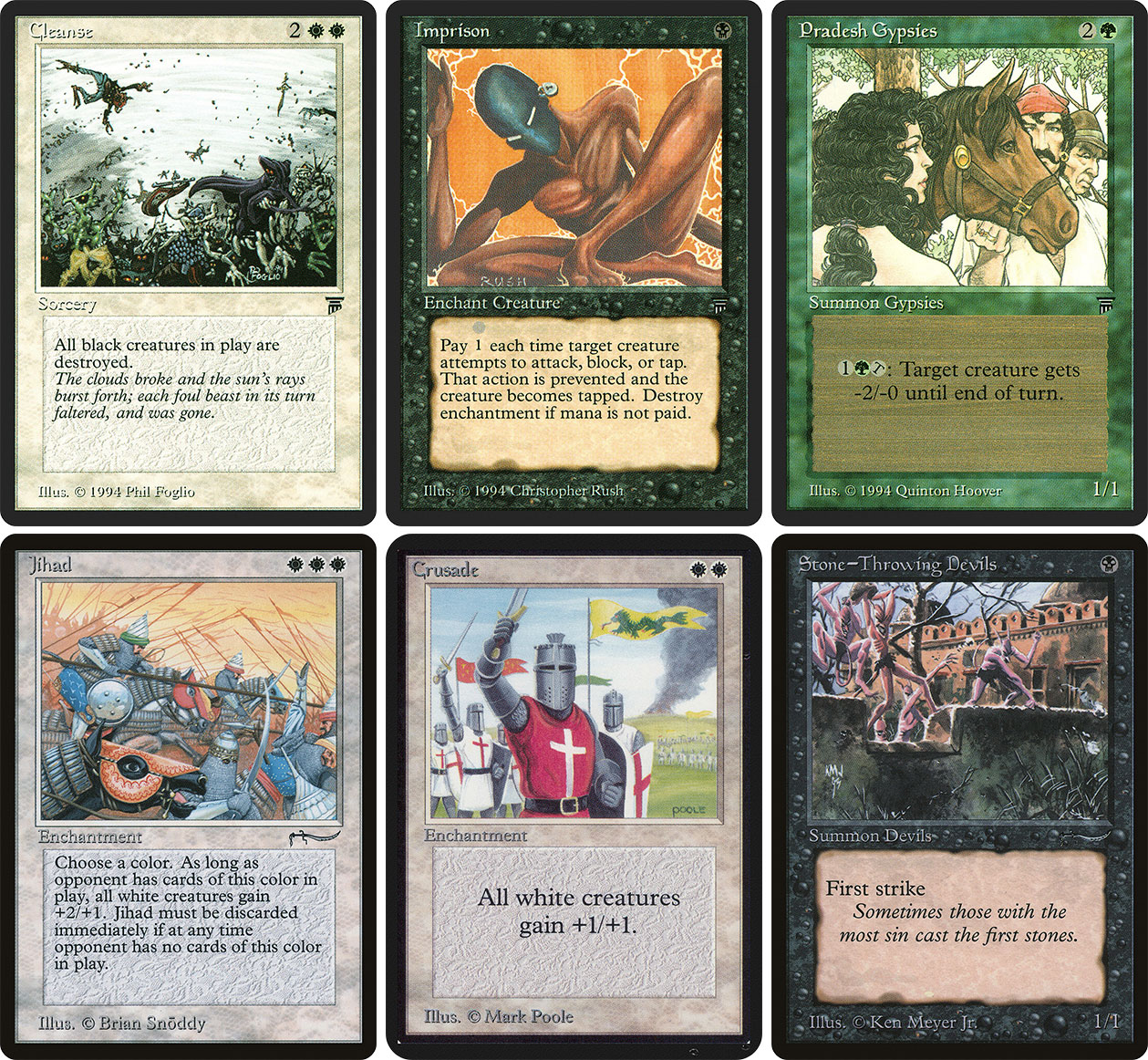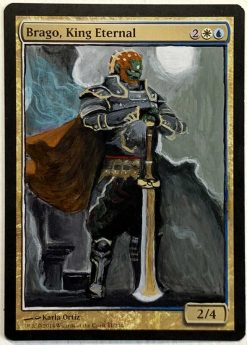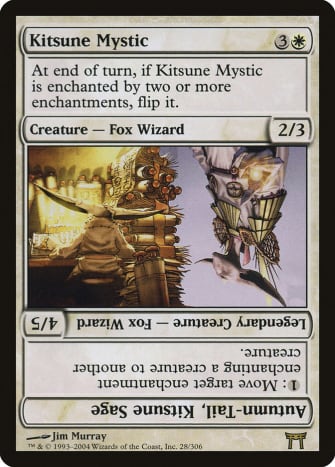

#Mtg card image database pro
As of 2009 Wizards of the Coast has given out more than $30,000,000 in prizes at various professional tournaments, including Pro Tours, Grand Prixs, and National championships. Sanctioned through The DCI, the tournaments added an element of prestige to the game by virtue of the cash payouts and media coverage from within the community. In 2009 the top prize at a single tournament was US$40,000. In 1996, Wizards of the Coast established the " Pro Tour", a circuit of tournaments where players can compete for sizable cash prizes over the course of a single weekend-long tournament. With the release of the Eighth Edition in 2003, Magic also received a major visual redesign. While the essence of the game has always stayed the same, the rules of Magic have undergone three major revisions with the release of the Revised Edition in 1994, Classic Edition in 1999, and Magic 2010 in July 2009. New expansions and revisions of the base game ("Core Sets") have since been released on a regular basis, amounting to four releases a year. Arabian Nights was released as the first expansion in December 1993. The success of the initial edition prompted a reissue later in 1993, along with expansions to the game. The legal action was settled out of court, and its terms were not disclosed. In 2003, the patent was an element of a larger legal dispute between Wizards of the Coast and Nintendo, regarding trade secrets related to Nintendo's Pokémon Trading Card Game. The patent has aroused criticism from some observers, who believe some of its claims to be invalid. Ī patent was granted to Wizards of the Coast in 1997 for "a novel method of game play and game components that in one embodiment are in the form of trading cards" that includes claims covering games whose rules include many of Magic's elements in combination, including concepts such as changing orientation of a game component to indicate use (referred to in the Magic and Vampire: The Eternal Struggle rules as "tapping") and constructing a deck by selecting cards from a larger pool. After further consultation with the lawyer it was decided to rename the game to Magic: The Gathering, thus making the name able to be trademarked. Everybody involved with the game still called it Magic, though. "Mana Clash" was instead chosen to be the name used in the first solicitation of the game. While the game was simply called " Magic" through most of playtesting, when the game had to be officially named, a lawyer informed them that Magic was too generic to be trademarked. After two years of development Magic: The Gathering underwent a general release on 5 August 1993. Adkison immediately saw the potential of the game and agreed to produce it. Garfield returned and presented the general outline of the concept of a Trading Card Game.
#Mtg card image database portable
He did like Garfield's ideas and mentioned that he was looking for a portable game that could be played in the downtime that frequently occurs at gaming conventions.

Adkison was enthusiastic about the game, but decided that Wizards of the Coast lacked the resources to produce it at that point.

Peter Adkison (then CEO of Wizards of the Coast games company) first met with Garfield to discuss Garfield's new game RoboRally. In his spare time he worked with local volunteer playtesters to help refine the game during the 1993 school year. Richard Garfield, the creator of the game, was a professor at Whitman College in 1993. Magic cards can be valuable due to their rarity and utility in game play. Although the original concept of the game drew heavily from the motifs of traditional Fantasy role-playing games such as Dungeons & Dragons, the gameplay of Magic bears little resemblance to pencil-and-paper adventure games, while having substantially more cards and more complex rules than many other card games.Īn organized tournament system and a community of professional Magic players has developed, as has a secondary market for Magic cards. Magic can be played by two or more players each using a deck of printed cards or a deck of virtual cards through the Internet-based Magic: The Gathering Online or third-party programs.Įach game represents a battle between powerful wizards, known as " planeswalkers", who use the magical spells, items, and fantastic creatures depicted on individual Magic cards to defeat their opponents. Magic is the first example of the modern collectible card game genre and still thrives today, with an estimated six million players in over seventy countries. Magic: The Gathering (colloquially Magic or MTG) is a collectible card game created by mathematics professor Richard Garfield and introduced in 1993 by Wizards of the Coast. Some (order of cards drawn, various card abilities) Magic: The Gathering Magic: The Gathering card back


 0 kommentar(er)
0 kommentar(er)
